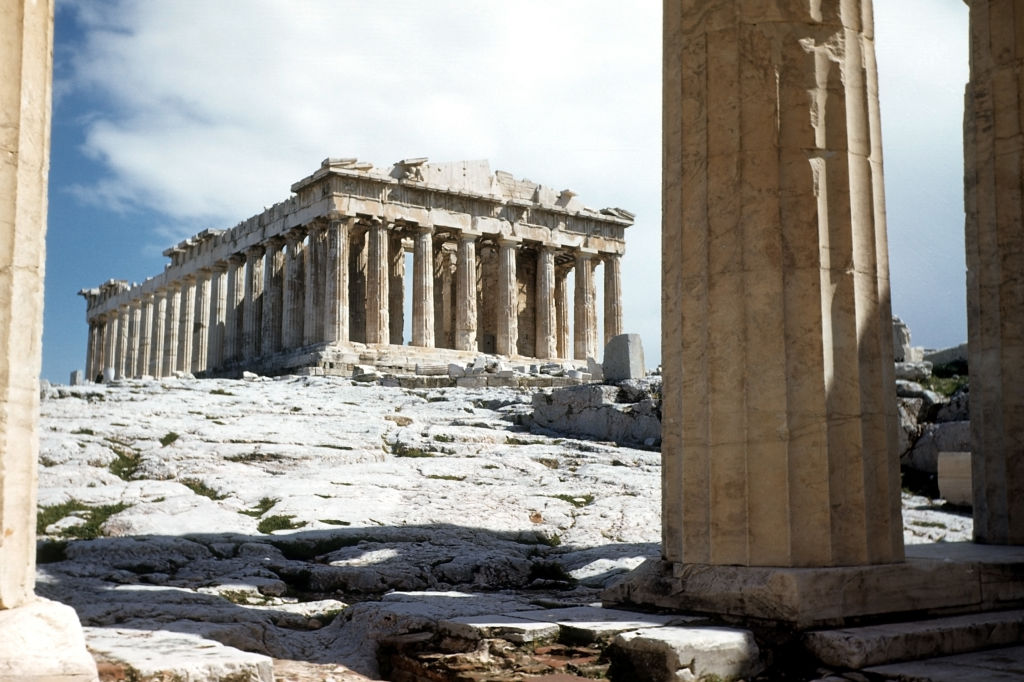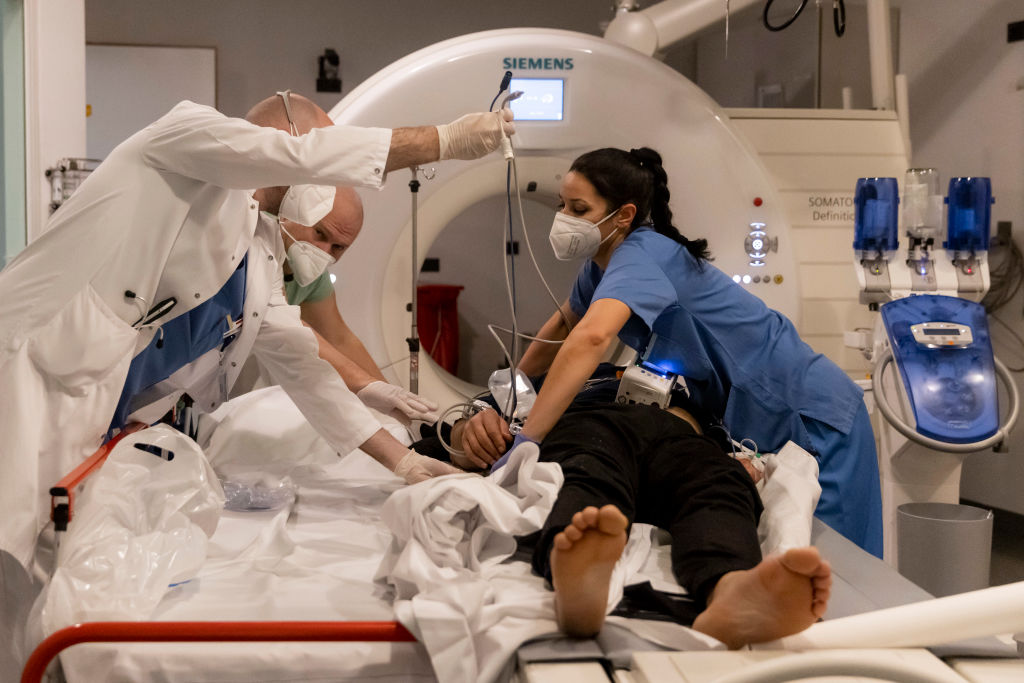When the Romanian establishment blocked presidential candidate Călin Georgescu from running, they seemingly believed that they were doing themselves a favour. After all, Georgescu was a fiery right-wing candidate, and his election would have been a slap in the face to their liberal democratic values. But after the results came in from the first round of Romania’s presidential elections on May 4, the opposite was revealed: their actions have likely triggered a worst-case scenario for themselves.
The results of the first round are both surprising and completely unsurprising. They are completely unsurprising because the headline – right-wing populist beats the establishment – has been repeated so often over the past ten years that it has become etched into the eyes of politicos. They are surprising because of how significantly the first-round winner, George Simion, won over the second-place finisher, Niçusor Dan. Polls had projected Simion to win in the low 30s; he instead garnered over 40 per cent.
This election was unlike other elections, as it was indeed a do-over. The Supreme Court had cancelled the previous elections after Georgescu, another right-wing candidate, shockingly won the first round. The annulment was necessary, the Court argued, because Romanians have a “right to be informed” and that a Russian campaign allegedly to mass-purchase TikTok accounts violated that right. This was absurd logic, of course. This argument could have been basically used to cancel any election, ever, and essentially put into law the (somewhat arrogant) idea that, if Romanians had been “properly informed,” they of course would not have voted for Georgescu. Plus, it turned out that a centre-right party had purchased the TikTok Accounts to boost Georgescu – someone they hadn’t thought could win – over Simion.
The cancellation elicited an uproar among the Western Right, including from Vice President JD Vance, who gave the Romanian establishment a tongue-lashing in his Munich Security Conference speech.
When the do-over began, Georgescu was – unsurprisingly – banned yet again. But Simion, leader of the nationalist Alliance for the Union of Romanians (AUR) party, was not. Simion had been known as a fire-breather for some time; not only does he take on hard-line social conservative views, but he also wants to make Romania great again – literally, as he wants to expand it to incorporate Moldova.
The problem for Romania’s establishmentarians is that Simion is a coalition builder. Georgescu was extremely anti-West, clearly pro-Russia, and was prone to spouting random conspiracy theories involving things like fake moon landings. The rest of the Western Right would likely have approached him with caution; individuals like Italian Prime Minister Giorgia Meloni, who have put a premium on building durable coalitions within and outside of Italy, would probably have found it difficult to work with Georgescu. Georgescu also had no clear power base within Romania: he could have had some allies, like AUR, but he was mostly a movement around a single person.
But Simion has a power base, AUR, having led the party since 2019. He has also already shown an ability to form coalitions outside the country. He has allied himself with Meloni for years, and has repeatedly spoken positively about American President Donald Trump. He also visited Washington during the campaign and spoke with pro-Trump media, in an effort to reach Americans.
Had Georgescu won, he likely would have had a tough time managing to make any changes (the Romanian presidency is relatively weak), fought with allies and adversaries, and left himself isolated. But by banning Georgescu, Romania has now allowed someone who can actually make change inside and outside the country come to power.
This is a story which has repeated itself across Europe. A French court recently banned Marine Le Pen, nominal leader of the right-wing National Rally, from running for office. But doing so has allowed Jordan Bardella, her younger and clear successor, to take the reins. Already, polls show him doing better than Le Pen – who was relatively unpopular outside of her movement – ever did.
In Germany, the Alternative for Deutschland (AfD) has not been banned – yet. But the German government just declared it an “extremist” organisation, which is the first step to banning the party altogether. All other parties have likewise ruled out working with it. But has all of this actually helped restore trust in German institutions? No. The AfD is now the most popular party in the country, having surged in support since it came in second place just months ago in Germany’s parliamentary elections.
And in America, attempts to jail Donald Trump resulted in a mugshot which he used on t-shirts, coffee mugs, and as jet fuel for his campaign. All four of his trials failed, and he rode a wave of indignation back to power.
In all of these cases, if these various establishments had simply met voters halfway – by actually restricting illegal migration, for example – or had simply allowed democracy to run its course, then the worst would have been avoided for them. But now France could have its first populist-right president ever. The AfD could continue to rise. And Romania may have a firebrand who can actually work with others – and in doing so, could sustain a movement and change his country’s politics forever.
Simion still needs to win the second round; while this is likely, it is no sure thing. But if he takes office as Romania’s next president and begins to strengthen right-wing coalitions inside and outside the country, Romania’s establishment will only have one thing to blame. Not the voters, not biased media, not Trump, not Russia. They will have to blame themselves.





Lithuania knows how to have a backbone against China, the EU should take note